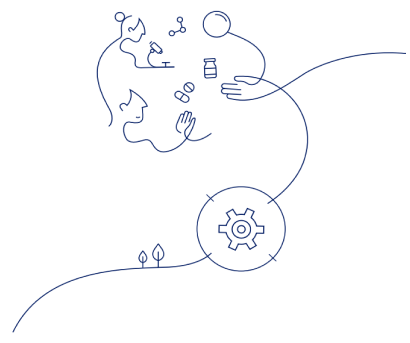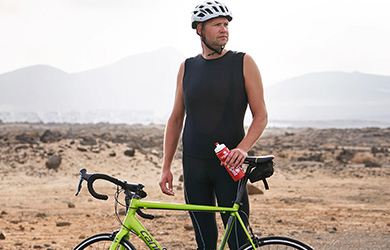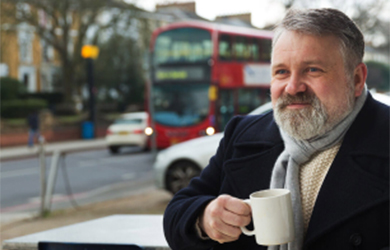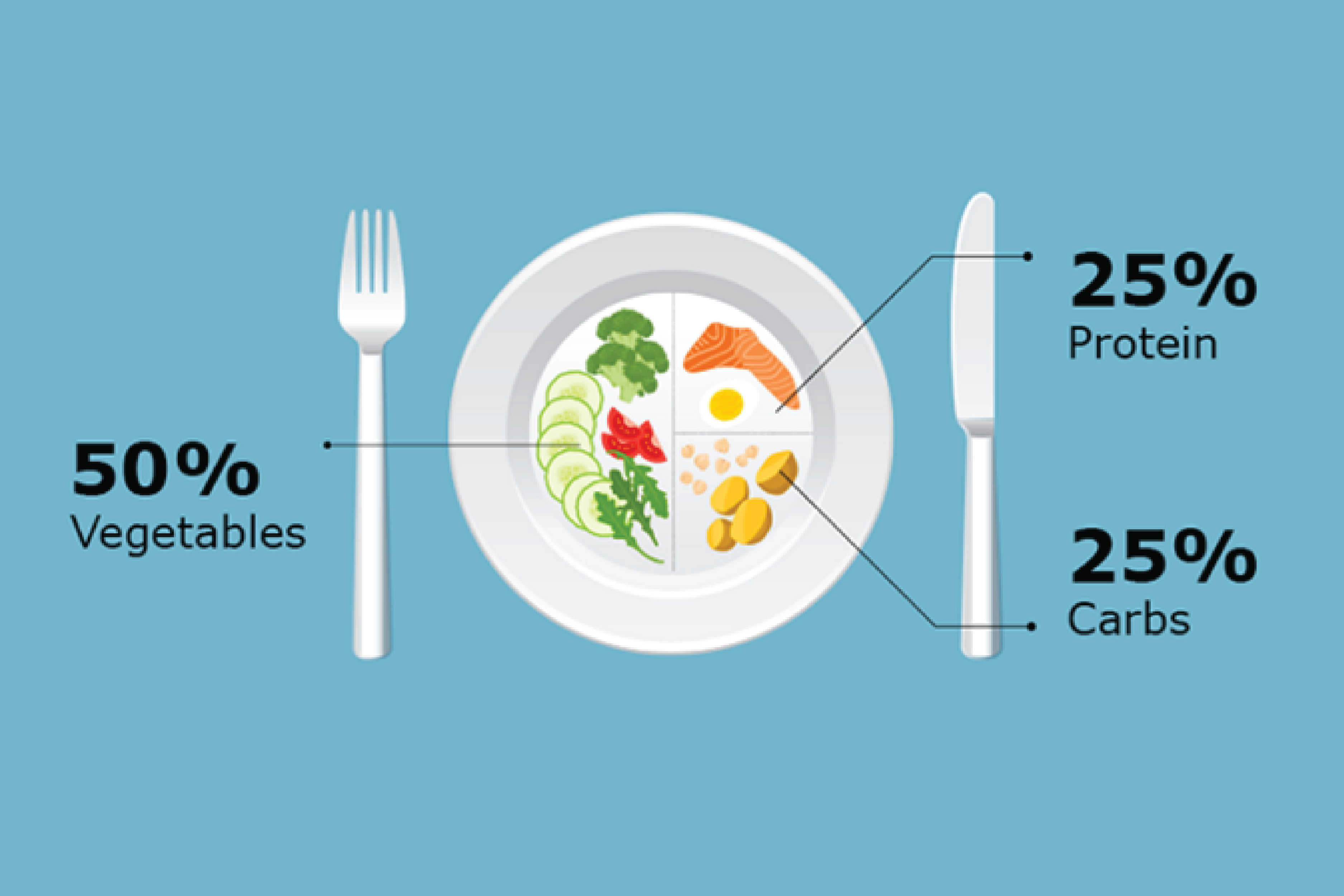Stress levels increase
Everybody suffers stress and anxiety, but if you’re living with
diabetes, these emotions can be heightened and harder to manage. Brace
yourself to be hit with a lot of heavy information all in one go. 7
Practising mindfulness, educating yourself on the illness and
slowing down your pace of life are all ways to help keep diabetes
stress levels at bay. This will also help you onboard and process new
information. Learn
more about managing diabetes and stress here
Dietary changes
Expect to be told to reduce your fat intake, eat leaner meats,
watch your portion size and think carefully about the type of
carbohydrates you are putting in your body. 6
A diet can be tough to stick to, but there’s lots of inspiring
diabetic meal planners and tasty diabetes recipes that will help you
control diabetes with diet. Learn
more about diabetes diet here.
Increase in physical activity
If you weren’t active
before being diagnosed with diabetes, the first change you’ll likely
notice is having to carve out time to work out. We’re not talking
about giving up three days a week to train for a marathon but giving
up even an hour of your time to exercise may seem like hard work at
first.6 Get
started with exercise here.
Recognising
symptoms of hypos
Being diagnosed with type 1 or type 2
diabetes means you’re always on the lookout for symptoms.
People with diabetes may experience low blood sugar, which is also
called hypoglycaemia or a “hypo”. Some of the common symptoms of hypos
include confusion, intense hunger, feeling sick, clumsiness, blurred
vision and slurred speech. You may find you experience one or more of
these when your blood sugar levels are low.8 You can learn
more about hypos here.
Weight loss
Possibly one of the most
welcome lifestyle changes to come from a type 2 diabetes diagnosis is
weight loss. A diabetic diet plus increased exercise will set you on
the path to losing weight. Weight loss should be done gradually until
a healthy body mass index (BMI) is achieved.1







